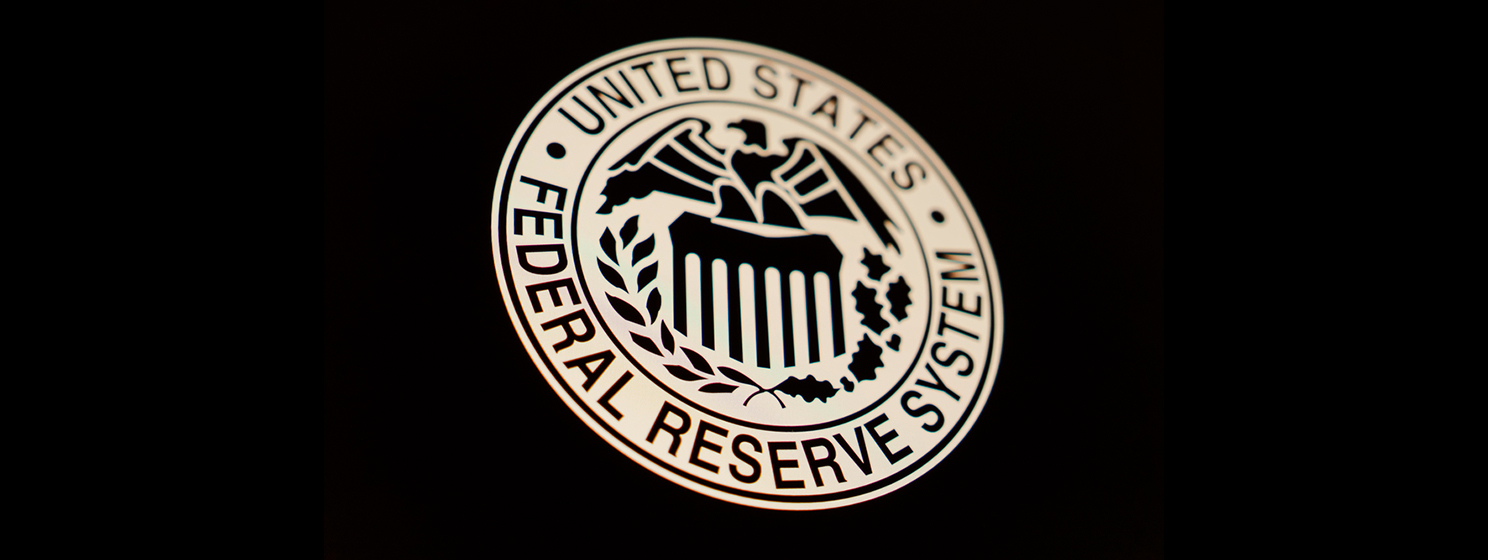
|
Getting your Trinity Audio player ready...
|
Thailand’s Securities and Exchange Commission (SEC) has announced that it will hold a public consultation over its decision to allow or preclude digital currency service providers from providing staking or lending services.
Under the draft legislation, industry players are not allowed to provide customers with lending services to protect investors. According to the SEC, the purpose of the decision is to prevent a loss of funds in the event that a service provider faces liquidity issues.
The SEC is also seeking to ban the advertisement of lending services to members of the public and all related activities apart from those compliant with sale promotion rules.
“The proposed regulation aims to provide greater protection to investors, reduce associated risks, and prevent a misunderstanding that deposit taking and lending services are under the same supervision as regulated digital asset businesses,” the announcement read.
Members of the public can submit their suggestions to the Commission via its website or official email address. The public consultation is expected to run for a month and end on April 7, 2023.
This is not the first time that the SEC will conduct a public consultation on the matter, as back in 2022, it carried out a month-long public hearing on the draft regulation. The hearings came from collapses that rocked the digital asset sector, like Celsius, Voyager Digital, Babel Finance, and Thai-based Zipmex.
Following the collapses, Thailand’s response was to increase the monitoring of the industry with the swift passage of new regulations for investors’ protection. The new regulations place the burden of proper disclosures on entities making digital currency advertisements, while wallet providers are expected to set up contingency plans in cases of security breaches.
Staking riles up securities watchdogs
Digital asset staking has come under fire from securities watchdogs, with the U.S. leading the charge. In February, Kraken entered a $30 million settlement with the SEC for failing to register its staking-as-a-service program as securities.
Coinbase (NASDAQ: COIN) was forced to abandon its lending product in 2021 following the threat of legal action by the SEC, a move that elicited opposite reactions. Experts say that the crackdown against staking could have many unintended consequences for the digital currency industry.
“The biggest risk I personally see as a U.S.-based person is if they come down and say you can no longer even interact with or contribute to these types of protocols,” Jacob Blish, Lido’s head of business development, said.
Watch: The Future of Financial Services on Blockchain More Efficiency & Inclusion
Recommended for you
Lorem ipsum odor amet, consectetuer adipiscing elit. Elit torquent maximus natoque viverra cursus maximus felis. Auctor commodo aliquet himenaeos fermentum
Lorem ipsum odor amet, consectetuer adipiscing elit. Accumsan mi at at semper libero pretium justo. Dictum parturient conubia turpis interdum

 11-12-2024
11-12-2024 


